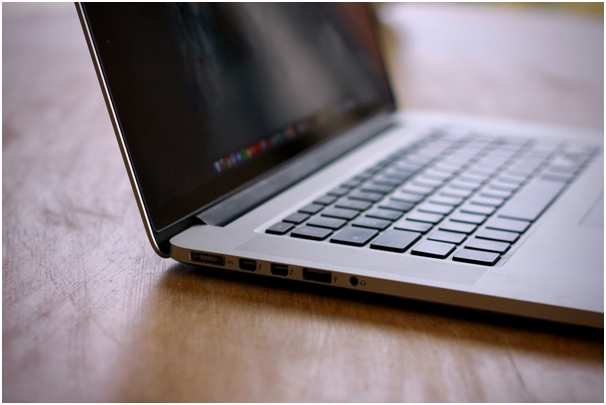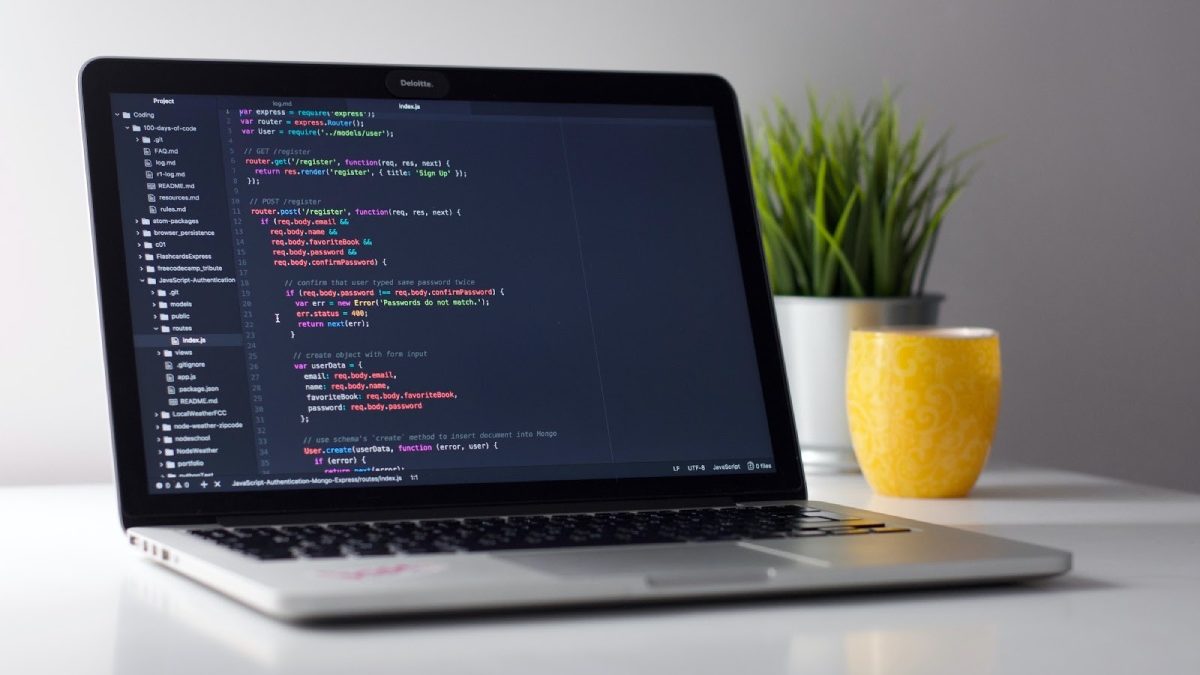Given how many different viruses and malware are there, more and more people should improve their cybersecurity. Potential threats could lead to personal information exposure in addition to slowing down the performance of your device.
Macbook owners might feel like they are safe from danger because Macs are pretty reliable. However, the reality is different. No computer is safe from malware and viruses, particularly if the user has not taken the necessary precautions.
In case you feel like your Mac is not up to par when it comes to cybersecurity or know someone who could use a better strategy against malware, this post should be of good use.
Table of Contents
Idea #1 – Use Reliable Antivirus Software
Do not rely on XProtect, which is the default antivirus for Macbooks. Plenty of people have reported that the software is not the best, and it even does more harm than good in some cases.
Instead, look for some better antivirus recommendations online and stick to them. Or, if you know someone who is tech-savvy, ask for a recommendation from them.
It is also recommended to do more than just have the antivirus software running in the background. Try to perform custom disk scans at least once every week. And whenever your antivirus finds potentially corrupted files, do not hesitate and remove such files from the Mac.
Idea #2 – Install the Latest OS Updates
While operating system updates are usually associated with the latest features and performance improvements, underestimating what each update does for the laptop’s security should not exist.
The OS developers react to the latest malware and release new versions that patch up potential security holes. There are instances when antivirus will not help if the system is not up to date. So even if a new update takes some time to download and install, have some patience and wait for it.
More to it, as you are going through updates, it is also a good idea to review and delete apps you no longer use.
Idea #3 – Prevent Access to the Computer

If you live alone and keep the Macbook at home, worrying about other people accessing it should not be an issue. However, if the situation is different, do not trust others too much.
There are a few things you can do to reduce potential risks. For starters, disable the auto-login feature so that only those with a password can access the admin profile. Also, if you give the computer to someone you know, it would still be better to create a separate user and even disable access to certain areas of the system.
Idea #4 – Browse via VPNs
Virtual private networks are relatively cheap. They cost a couple of bucks per month on average, but given how much these services provide, the investment is worth it.
In addition to accessing geo-restricted content and surfing the net anonymously, you also get to hide your tracks and make it harder for hackers to attack you.
While VPNs are great for home internet, you should be extra motivated to use them before connecting to public networks. The internet available at libraries, hotels, and cafes is free to use, meaning it is not secure. Lack of necessary protocols and no data encryption make setting a trap for hackers easy. So if you connect to public Wi-Fi, give yourself some peace of mind by using a virtual private network.
Idea #5 – Use Ad Blocker Extensions

Clicking on a random ad may redirect you to a landing page that is crawling with malware. And even if you are aware of the issue, someone else who uses the computer may not be.
Instead of taking a risk, install an ad blocker extension that stops those annoying pop-ups and other types of advertisements. Not only will your browsing experience improve, but you will also have no worries about getting redirected to dangerous sites.
Idea #6 – Change Your Passwords Regularly
Be smart when creating your password. Avoid simple combinations, like “password321” or “123456.” These are too easy to crack, and people who are targeting you will have fewer problems.
Instead, use online generators that create complicated passwords. Also, it would be smart to have separate passwords for different accounts. Your email password should not be the same as your social media one.
Idea #7 – Ignore Shady URLs
Is there someone you know that sent you a suspiciously-looking URL? Even if you trust that person, you would be better off ignoring the link and moving on with your day. You do not know what may be on the website. Perhaps a virus or malware that will potentially infect your computer and cause issues.
Idea #8 – Create Data Backups

In case files are corrupted, and you need to delete them, taking a precautionary step is a good way to deal with the problem. You can create data backups by using Time Machine and an external hard drive.

